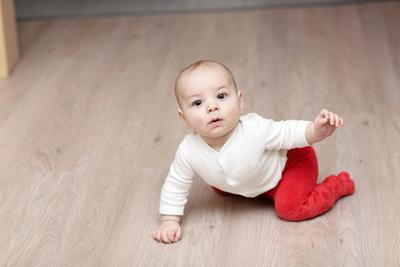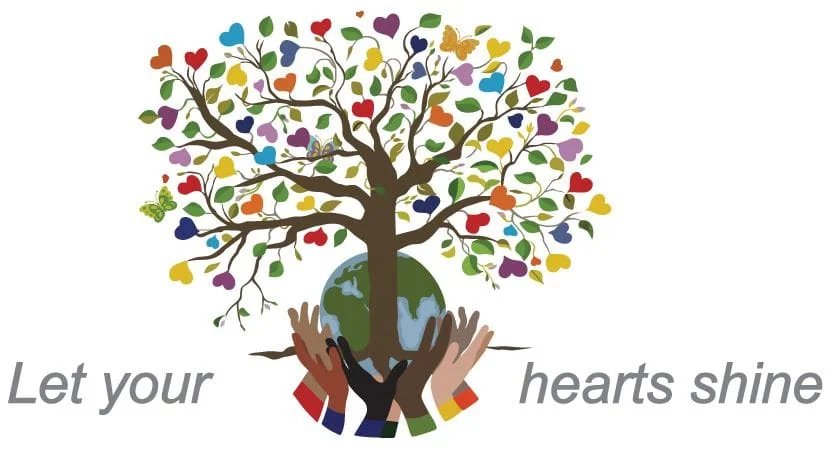Recognizing Early Signs of Developmental Delays in Infants

- posted: Feb. 15, 2024
If you suspect a developmental delay in your child, Dr. Patricia Jorquera and the team at TLC Pediatrics in Norwalk, CT, are here to help.
Recognizing Signs of Developmental Delays in Children
Young children can’t express what they are feeling or how they are struggling. Additionally, as children, they don’t know what’s expected of them. That’s why it’s up to the parents and other adults in their lives to recognize the signs of developmental delay. Below, Dr. Jorquera and the team at TLC Pediatrics in Norwalk, CT, share signs to look out for so that you can get your child the help they need.
Developmental Milestones
Every age range has specific milestones. If children don’t meet them, it’s not necessarily a sign that something is wrong, but it could be. If your child doesn’t meet the milestones listed by age, it’s important to speak to your pediatrician.
By two months old, children should be able to:
- Hold their head up while on their tummy
- Smile
- Respond to loud noises
- Follow things with their eyes
- Bring their hands to their mouth
By four months, children should:
- Hold their head steady
- Make cooing sounds
- Smile at people
- Move both eyes
- Push their legs when their feet are on a hard surface as though they are trying to stand
- Bring items to their mouth
By six months, children should:
- Roll from front to back and back to front
- Laugh and squeal
- Grasp things around them
- Show love and affection to parents and caregivers
- Respond to noises and activity around them
By nine months, children should:
- Respond to their name
- Try to talk
- Sit with help
- Move items from one hand to the other
- Look where you point
- Recognize familiar people
- Try to stand with help
By 12 months, children should:
- Stand with help
- Crawl
- Say simple words like “dada” and “mama”
- Point
- Use gestures like shaking their head and waving
By 18 months, children should:
- Know how to say several words
- Walk
- Point to things to show others
- Notice when you or another caregiver leave the room
- Copy people
- Learn new words
By two years old, children should:
- Walk steadily on their own
- Carry out simple instructions
- Know what common items are and how to use them, like a brush
- Speak two-word phrases
- Copy words and actions of others
The milestones above only cover the first couple of years. However, if you notice your child doesn’t meet any of these milestones or other children seem to be ahead, it’s time to speak to Dr. Jorquera at TLC Pediatrics in Norwalk, CT, about a potential developmental delay. Call (203) 855-7551 to schedule an appointment.

- posted: Feb. 15, 2024
If you suspect a developmental delay in your child, Dr. Patricia Jorquera and the team at TLC Pediatrics in Norwalk, CT, are here to help.
Recognizing Signs of Developmental Delays in Children
Young children can’t express what they are feeling or how they are struggling. Additionally, as children, they don’t know what’s expected of them. That’s why it’s up to the parents and other adults in their lives to recognize the signs of developmental delay. Below, Dr. Jorquera and the team at TLC Pediatrics in Norwalk, CT, share signs to look out for so that you can get your child the help they need.
Developmental Milestones
Every age range has specific milestones. If children don’t meet them, it’s not necessarily a sign that something is wrong, but it could be. If your child doesn’t meet the milestones listed by age, it’s important to speak to your pediatrician.
By two months old, children should be able to:
- Hold their head up while on their tummy
- Smile
- Respond to loud noises
- Follow things with their eyes
- Bring their hands to their mouth
By four months, children should:
- Hold their head steady
- Make cooing sounds
- Smile at people
- Move both eyes
- Push their legs when their feet are on a hard surface as though they are trying to stand
- Bring items to their mouth
By six months, children should:
- Roll from front to back and back to front
- Laugh and squeal
- Grasp things around them
- Show love and affection to parents and caregivers
- Respond to noises and activity around them
By nine months, children should:
- Respond to their name
- Try to talk
- Sit with help
- Move items from one hand to the other
- Look where you point
- Recognize familiar people
- Try to stand with help
By 12 months, children should:
- Stand with help
- Crawl
- Say simple words like “dada” and “mama”
- Point
- Use gestures like shaking their head and waving
By 18 months, children should:
- Know how to say several words
- Walk
- Point to things to show others
- Notice when you or another caregiver leave the room
- Copy people
- Learn new words
By two years old, children should:
- Walk steadily on their own
- Carry out simple instructions
- Know what common items are and how to use them, like a brush
- Speak two-word phrases
- Copy words and actions of others
The milestones above only cover the first couple of years. However, if you notice your child doesn’t meet any of these milestones or other children seem to be ahead, it’s time to speak to Dr. Jorquera at TLC Pediatrics in Norwalk, CT, about a potential developmental delay. Call (203) 855-7551 to schedule an appointment.
To provide better quality care, all of our office hours are by appointment only.
Monday
9:00 am - 6:00 pm
Tuesday
9:00 am - 6:00 pm
Wednesday
9:00 am - 6:00 pm
Thursday
9:00 am - 6:00 pm
Friday
9:00 am - 5:00 pm
Saturday
9:00 AM - 1:00 PM
Sunday
Closed
